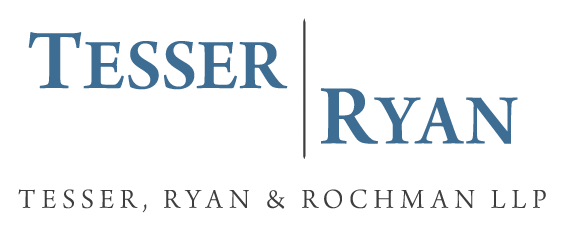New York State Bar Issues Ethics Opinion on Minimum Fees for Attorneys
The New York State Bar Association (“NYSBA”) issues ethics opinions in response to inquiries from attorneys as to the permissibility of a proposed course of action. These opinions are not binding on courts but are generally respected as reliable guidance.
Rather than answering the attorney’s question, NYSBA took the opportunity to highlight the fact-determinative nature of such inquiries, stating that the attorney had not provided enough factual information for them to be able to render an answer.
The Opinion reviewed the relevant laws and prior opinions regarding minimum fees and non-refundable fees.
Under Rule 1.5(d)(4) of the New York Rules of Professional Conduct, nonrefundable retainer fees are prohibited; however, attorneys are permitted to charge a minimum fee the attorney’s retainer agreement “defines in plain language and sets forth the circumstances under which such fee may be incurred and how it will be calculated.”
Additionally, lawyers are prohibited from charging fees that are excessive, as defined by Rule 1.5(a). The considerations as to whether a fee is reasonable listed in Rule 1.5(a) are as follows:
- the time and labor required, the novelty and difficulty of the questions involved, and the skill requisite to perform the legal services properly;
- the likelihood, if apparent or made known to the client, that the acceptance of the particular employment will preclude other employment by the lawyer;
- the fee customarily charged in the locality for similar legal services;
- the amount involved and the results obtained;
- the time limitations imposed by the client or by circumstances;
- the nature and length of the professional relationship with the client;
- the experience, reputation and ability of the lawyer or lawyers performing the services; and
- whether the fee is fixed or contingent.
In addition to the factors explained in the Opinion, there is also case law that prohibits attorneys from charging certain types of fees. For example, attorneys are not allowed to charge fee that are nonrefundable even if the lawyer is fired because it would discourage a client from seeking new counsel. See In re Cooperman, 83 N.Y.2d 465 (1994).
In addition, minimum and/or nonrefundable fees may be permissible if they are compensating an attorney for securing their availability over a certain time period, rather than for work to be performed.
If you are an attorney or a client, and are seeking counsel as to the permissibility of a fee agreement, the attorneys at Tesser, Ryan & Rochman, LLP can help. Call today at (212) 754-9000.
